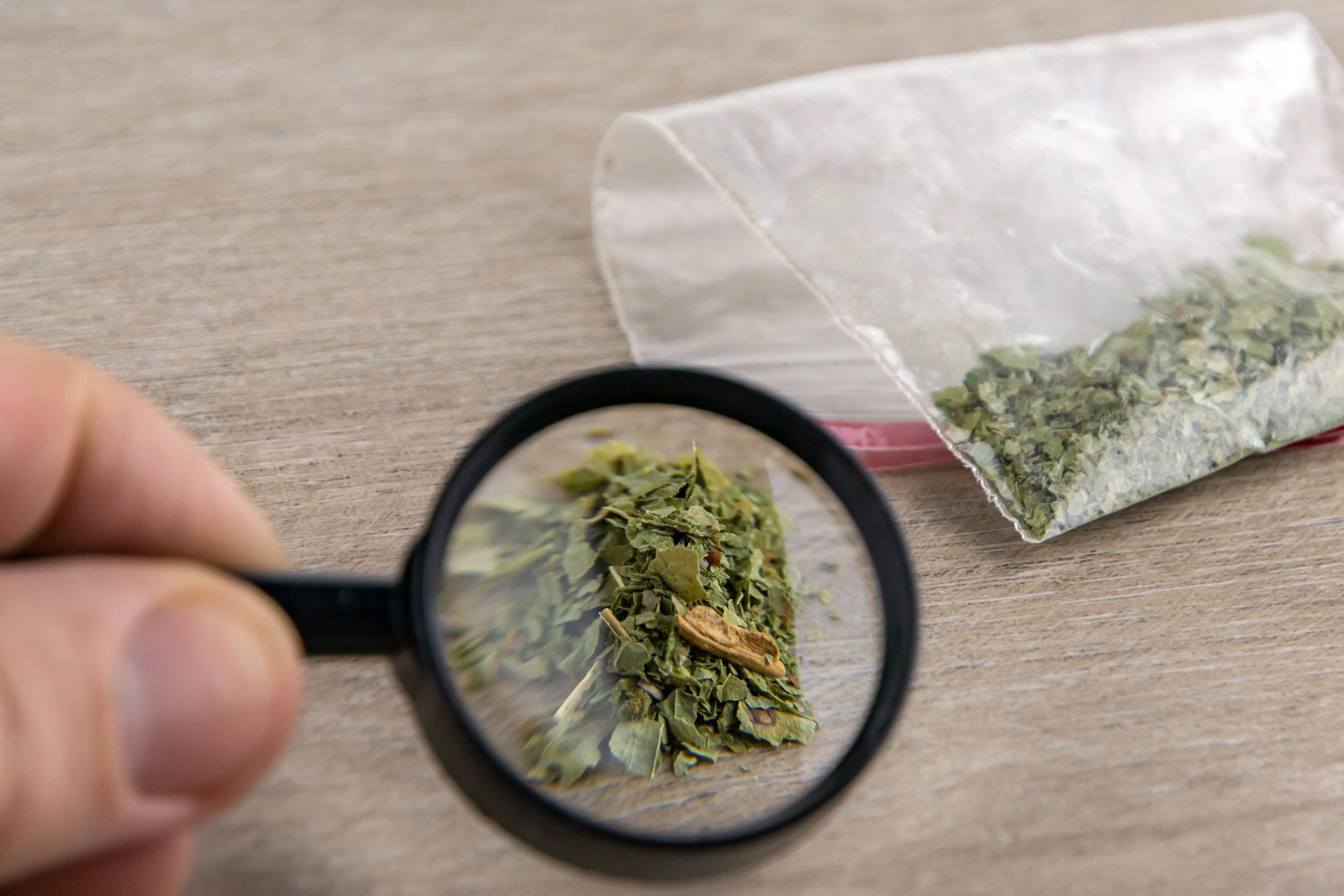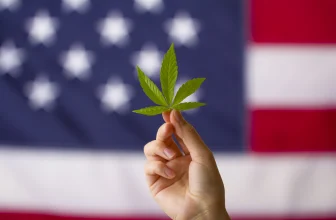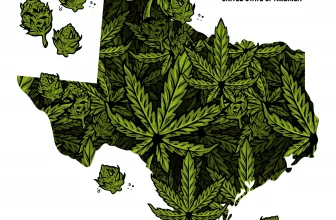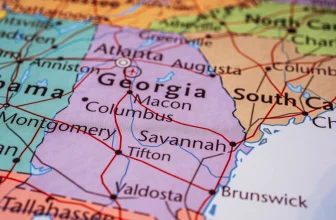
There’s a lot to love about cannabis — it delivers a host of psychoactive effects, it soothes, it excites, it heals — but perhaps the most special thing about it is that it does all these things while being a completely natural product.
Again and again, research shows that synthetic reproductions of cannabis and its lovely compounds are ill-advised.
Last week, both the Centers for Disease Control and Prevention (CDC) and the Food and Drug Administration (FDA) put out a strong warning regarding delta-8 THC, a compound that people are synthesizing from hemp.
The Story of Delta-8 THC
You’re probably familiar with delta-9 THC, the naturally occurring cannabinoid that delivers a pleasant high in various strains of marijuana. Delta-9 THC is also present in hemp, the type of cannabis grown to produce the non-psychoactive CBD, though hemp contains extremely low levels of delta-9 THC — less than 0.3%.
Delta-8 THC is a slight variation of delta-9 THC and delivers a similarly euphoric high. However, this compound does not naturally exist in high levels within the hemp plant.
To meet the demand for it, however, some producers are exploiting the fact that delta-8 THC is an isomer of CBD. Both compounds contain the same types and quantities of atoms, but they are arranged differently — and through a process of chemical manipulation, CBD can be transformed into delta-8 THC.
The Dangers of Delta-8 THC
The problem isn’t necessarily that delta-8 THC in itself is bad for you. The problem is that this substance, which currently resides in a regulatory gray area, can be produced in extremely high quantities and concentrations with no oversight or regulation.
Demand for delta-8 THC has grown in recent years. Both the CDC and FDA have noted its increased presence in different states, where the compound is often sold no matter what the state’s policies are on legalized pot. Unfortunately, both agencies are reporting a significant increase in adverse health effects among users. Between December and July, the FDA has recorded 22 cases of adverse events including hallucinations, trouble standing, vomiting, and loss of consciousness.
While research on cannabinoids like delta-9 THC and CBD is still in its infancy, those compounds at least enjoy a largely favorable consensus of scientific opinion. Delta-8 THC, on the other hand, has enjoyed very little research and no real literature exists on how to safely use it.
Despite the fact that delta-8 THC products are derived from natural hemp, they are still synthetic products due to their production process. What is especially dangerous is that they are not being labeled accurately. Many simply bear the label “hemp,” which is misleading as most consumers purchasing hemp extracts are looking for non-intoxicating products.
Synthetic reproductions of delta-8 THC are likely to lead to significantly higher concentrations than would occur naturally in the cannabis plant. Hence, there is no precedent as to how much is safe to consume.
Furthermore, the chemical process used to turn CBD into delta-8 THC leads to a risk of product contamination. This, combined with other product content, misleading labeling, and poorly understood psychoactive effects can lead to trouble among consumers.
The Next Steps For Synthetic Cannabis
Neither the CDC nor the FDA have coupled their warnings with a proposal to ban delta-8 THC, despite their strong warnings. Both agencies seem more concerned with educating the public on the prevalence of potentially misleading information, as well as urging retailers to be more forthcoming with information on the compound.
The CDC says, “Retailers selling cannabis products should report total THC content on product labeling, including ingredients like delta-8 THC that may be synthetically produced to create a psychoactive effect.”
On the state level, regulators have been working to craft legislation around delta-8 THC products. In some cases, as with Kentucky, the state agriculture department has issued a full-on ban on distributing delta-8 THC. Michigan took a different tack by making it a 21+ product controlled by the Marijuana Regulatory Agency.
The current uncertainty around delta-8 THC could be seen as stemming from decades of policy conflicts around marijuana in general. This has made it a gray-market product — however, there is a case to be made that if whole-plant cannabis were universally legal, there would be little demand for synthetic products. The rise of delta-8 THC may simply be the market’s answer to lingering prohibition.






